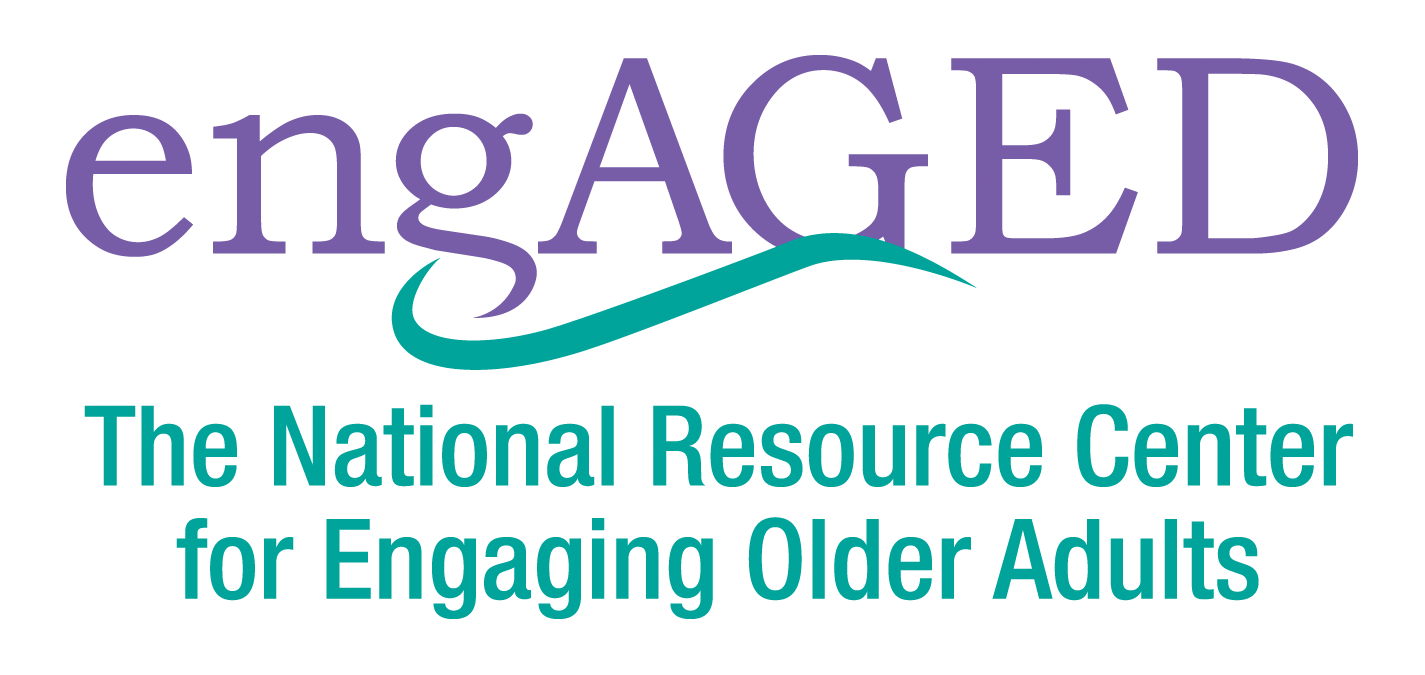What Caregivers Know About Empathy Could Help Us Find Common Ground— And Help Us Tackle Social Isolation
Preface:
Perspectives from C. Grace Whiting, President/CEO of the National Alliance for Caregiving on the unique value that friend and family caregivers bring to our society, as they navigate #health #aging and #disability challenges with the people in their care. To learn more about the National Alliance for Caregiving, visit www.caregiving.org.
A few years back, I got a call from a reporter asking about research on caregivers who care for their exes. The words escaped my mouth before I had a chance to stop them, “Who on Earth would care for their ex!?”
To my surprise, family caregivers—who by definition seem to be hardwired as selfless, giving individuals—sometimes do care for their exes. And aging parents who may have been abusive. And other troublesome, even intolerable, people in their lives.
From a 2005 article in the New York Times:
Just because Karl Decker Hayes was a cruel husband doesn't mean he should die alone. So concluded his ex-wife, Millie Hayes, 67, an antiques shop owner in Monroe, La., who recalled living with a man so controlling he picked out her car and her clothes, and checked the walls for smudges after she cleaned house.
"I despised what he had done to me," said Ms. Hayes, who, despite it all, became her ex-husband's caregiver when he developed Alzheimer's three years ago. "There is nobody else."
Caregivers like Ms. Hayes often approach caregiving with empathy, and it equips them to rise above a bad situation. Long after the initial phone call, Ms. Hayes’s words from the article still echo in my mind: “You can't throw a human being away.”
Loneliness Is Rising, and Empathy Is in Short Supply
In a 2020 study, more than one in five (21 percent) caregivers said that they felt alone and, most surprising to me, more than half of the caregivers who feel alone live in the same house as the person who needs their care (54 percent pre-pandemic). At a virtual Town Hall this summer on Caregiving During COVID-19, Dr. Jin Hui Joo, MA, MD, of Johns Hopkins School of Medicine explains that loneliness isn’t about being alone, but rather about not feeling understood: “[C]aregivers are lonely too because loneliness isn't just about who's around you, but it's about feeling like you're going through something by yourself. And I think a lot of people feel that way… Sometimes you may feel like people may listen, but they may not really understand what you're going through.”
That feeling of not being heard or understood is playing out in families across the United States.
As the holidays loom ahead of us in the wake of a heated national election and raging pandemic, empathy seems to be in short supply. In January, before the pandemic and election season had hit full swing, Cigna reported that three out of five adults (61 percent) were lonely. “Lockdown loneliness,” a byproduct of necessary social distancing requirements, has amplified this effect, from older adults in the Netherlands to adults in Hong Kong and teenagers in the United States.
In the U.S., this rising loneliness is happening in the background of sharply divided families and communities over a heated national election. New research on family estrangement from the Cornell Family Reconciliation Project found that almost a third of Americans had cut off contact from a family member (again, pre-pandemic). Recent reports from US News and World Report and NPR touch on the issue with headers like “You are no longer my mother” and “Dude, I’m Done.”
A lack of empathy threatens to make loneliness permanent. In the Cornell project, families who did reconnect searched for common ground that neither accepted blame nor condoned bad behavior. Instead, families engaged in a “dynamic, two-way process” using strategies such as journaling or counseling to navigate trouble waters.
Caregiving: A Roadmap for Empathy?
Few understand this need for empathy and how to navigate complex family conflicts better than family caregivers.
Imagine the caregiver who is being asked to support someone who has lost cognitive function and may be angry or resentful. When we think of this person, or put ourselves in that caregiving role, we don’t say, “Fight fire with fire.” We look for skills needed to be a patient partner, to practice active listening, to look beyond problematic behaviors, and see the person behind the disease. We care.
Empathy is a proven tool for building better relationships between a caregiver and the person in their care. A 2001 peer-reviewed study revealed that caregivers with higher levels of empathy:
found caregiving to be “less stressful” and “less threatening.”
were “less depressed.”
reported “higher life satisfaction” than others.
This relationship, like reconciliation, is a two-way street. When the person who needs care becomes more empathetic to the caregiver, this can also reduce the caregiver’s strain (for example, in Parkinson’s disease). Bi-directional understanding, dialogue with each other is important, especially to address feelings of loneliness and isolation.
Listening to Those Who Care
It’s been a tough year for many of us, in ways we might not have anticipated this time last year. In times like these, I think about caregivers and the gift they’ve given to me – the recognition that all people have value. A simple basic building block to finding common ground with others. If someone in your life is caring for someone else – reach out, listen, and give them a moment to be heard. Help them feel less isolated and more understood.
To learn more about what’s facing family caregivers, see National Alliance for Caregiving and AARP, Caregiving in the U.S. 2020, at www.caregiving.org/caregiving-in-the-us-2020 and www.aarp.org/caregiving.
